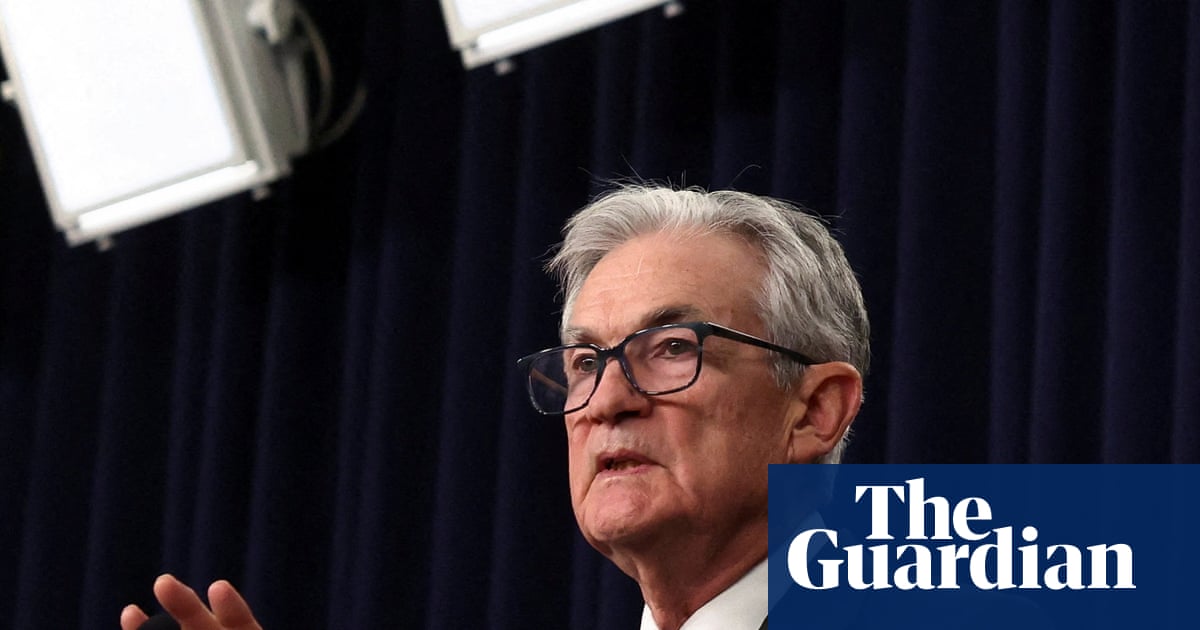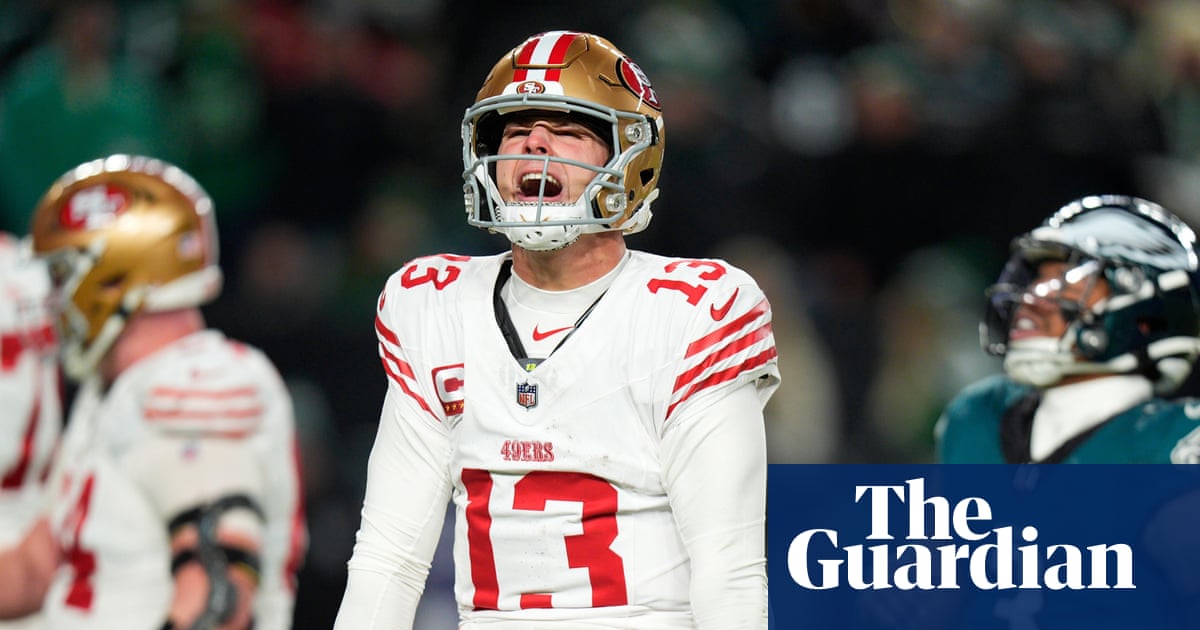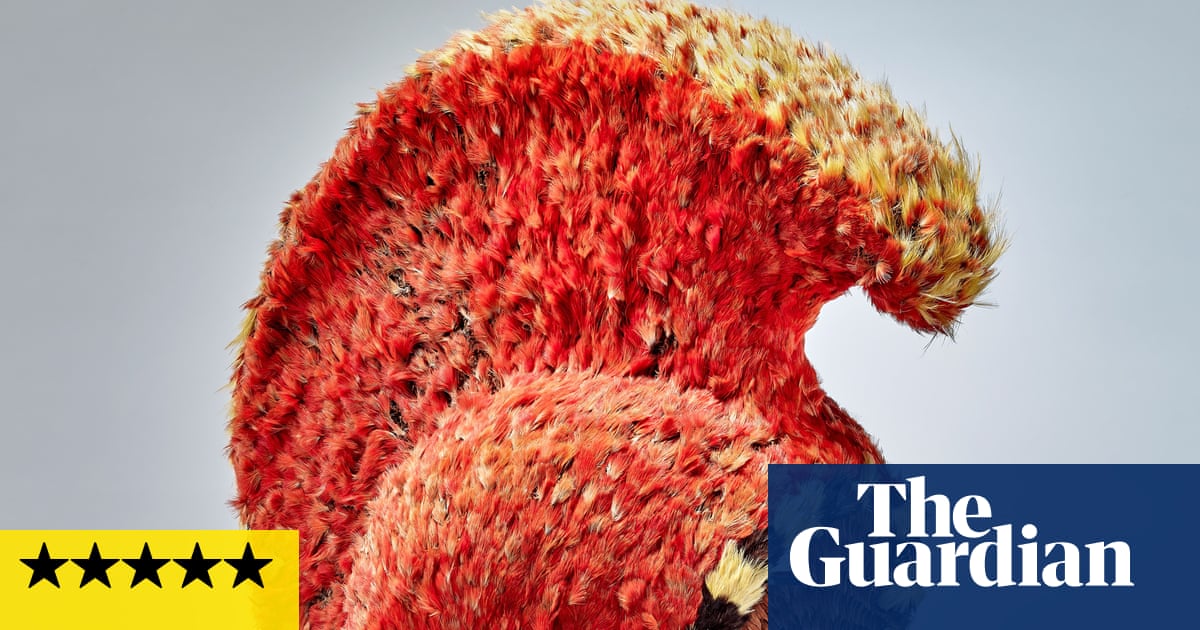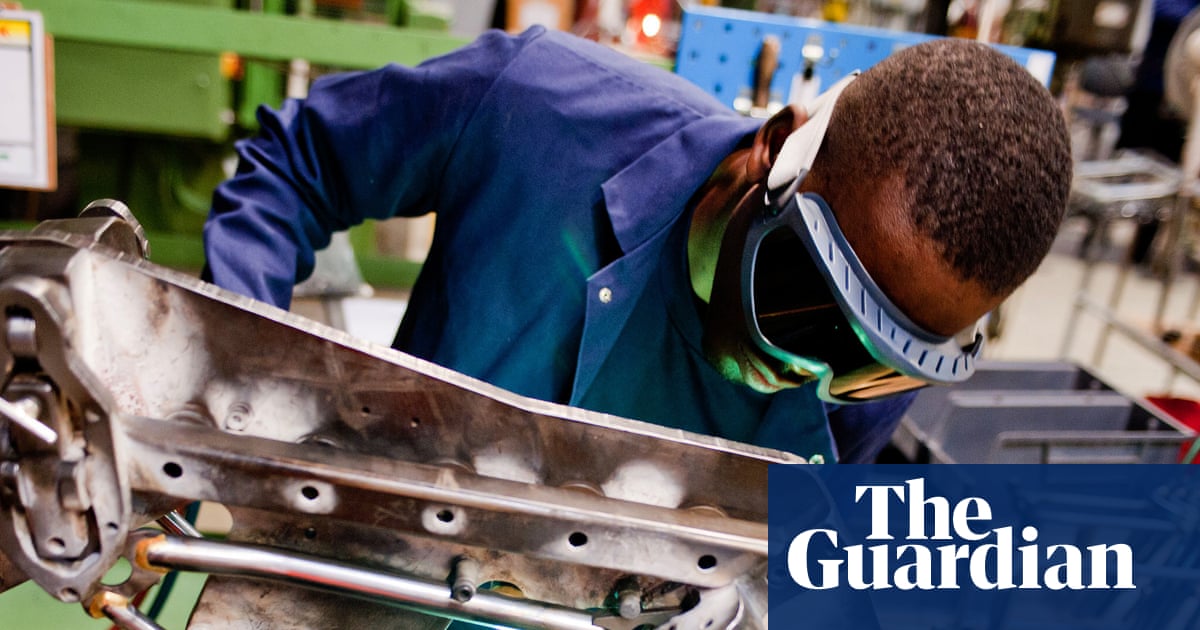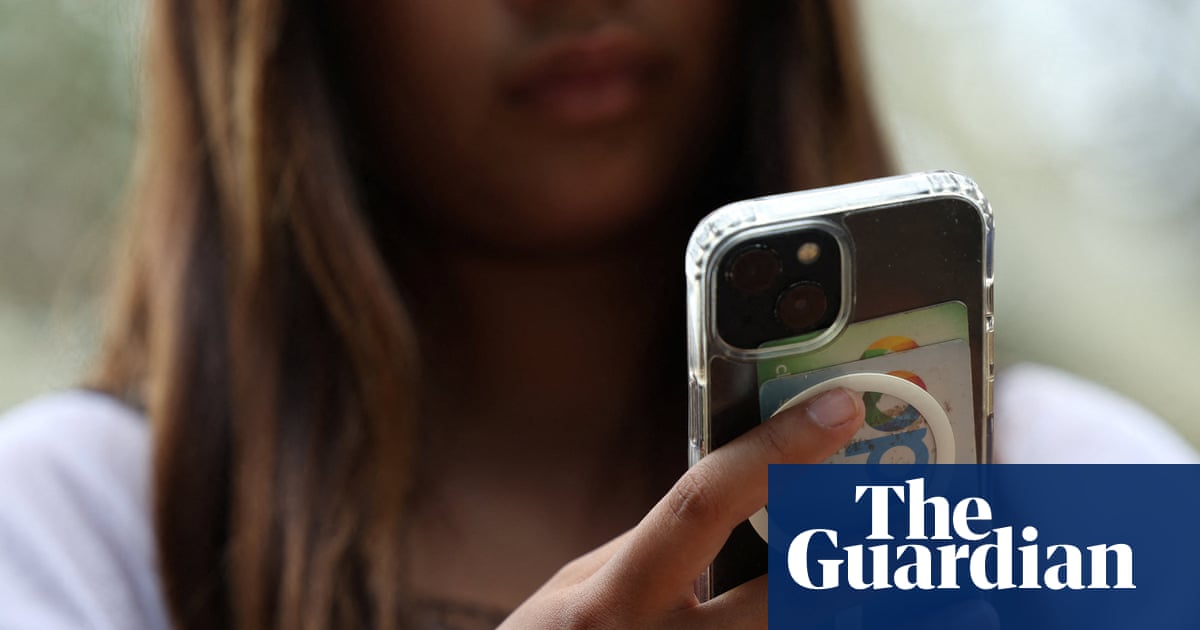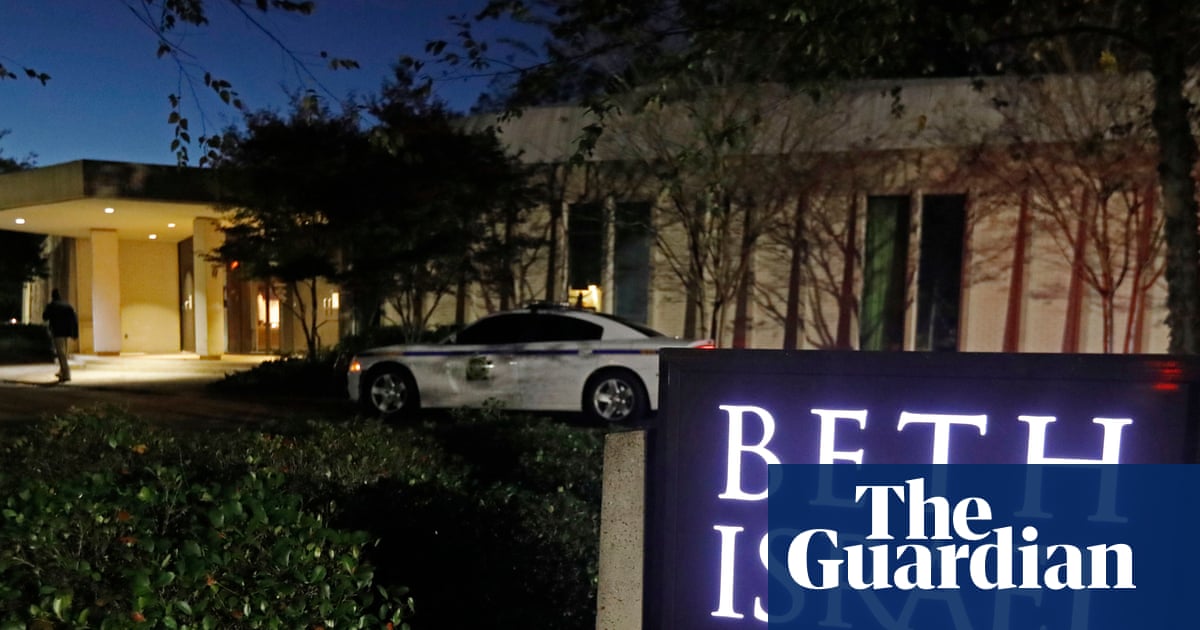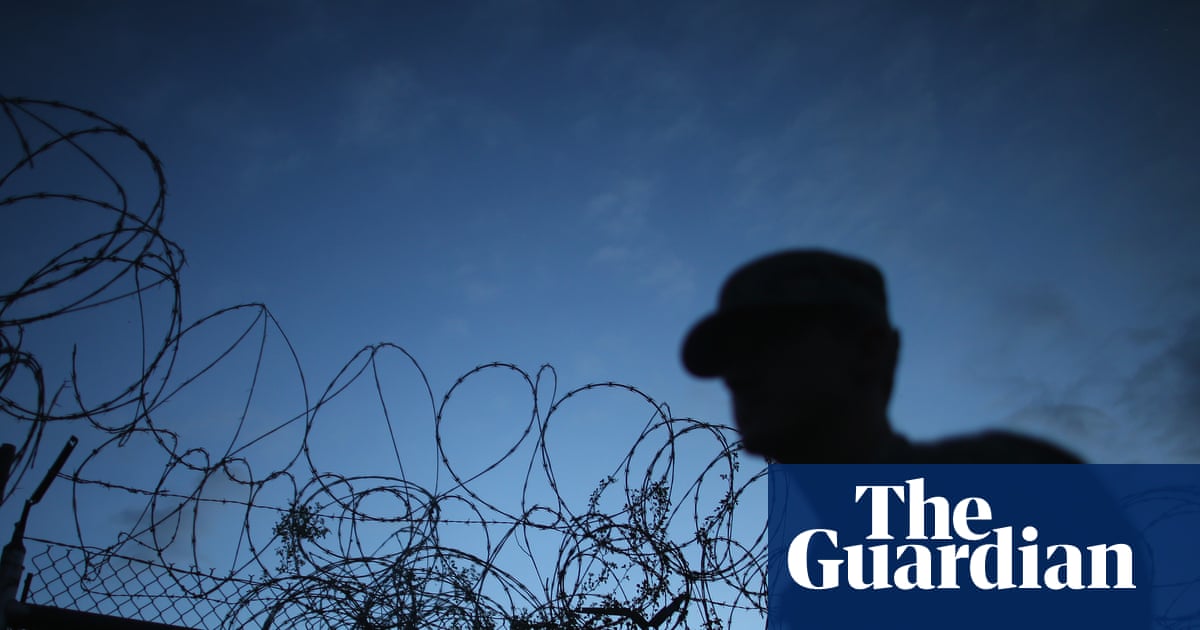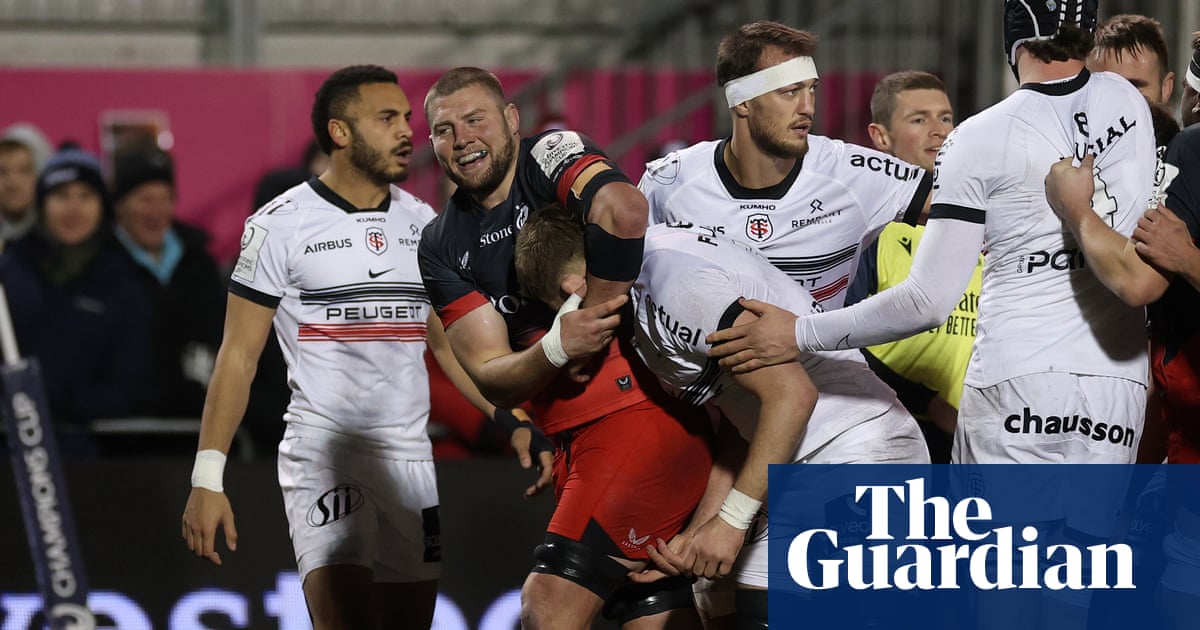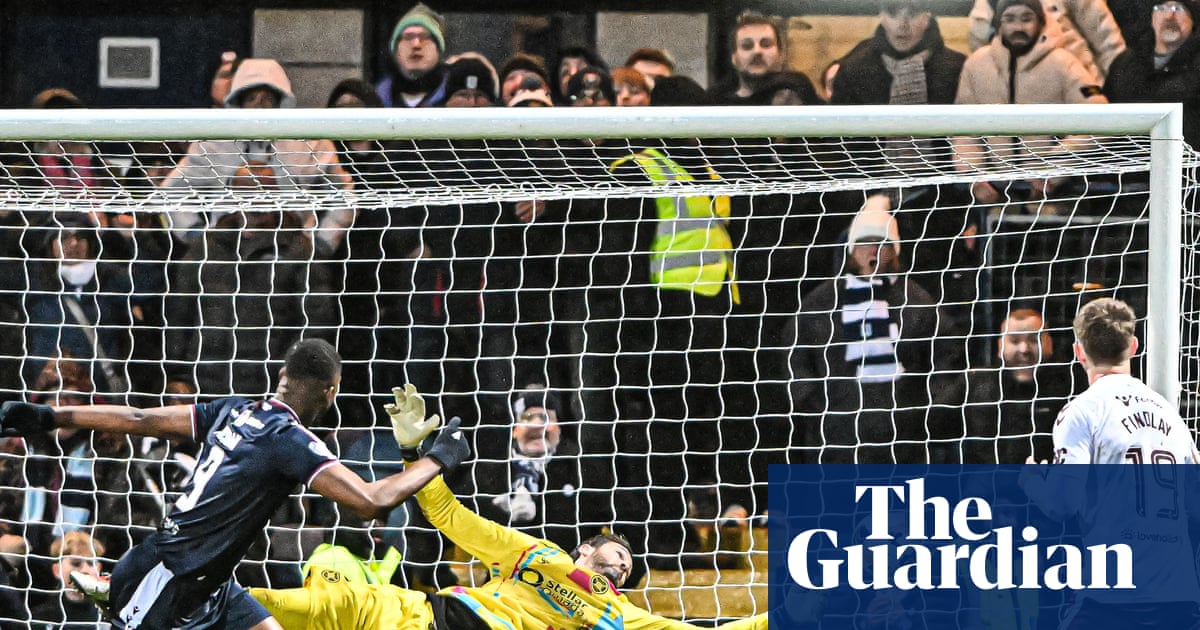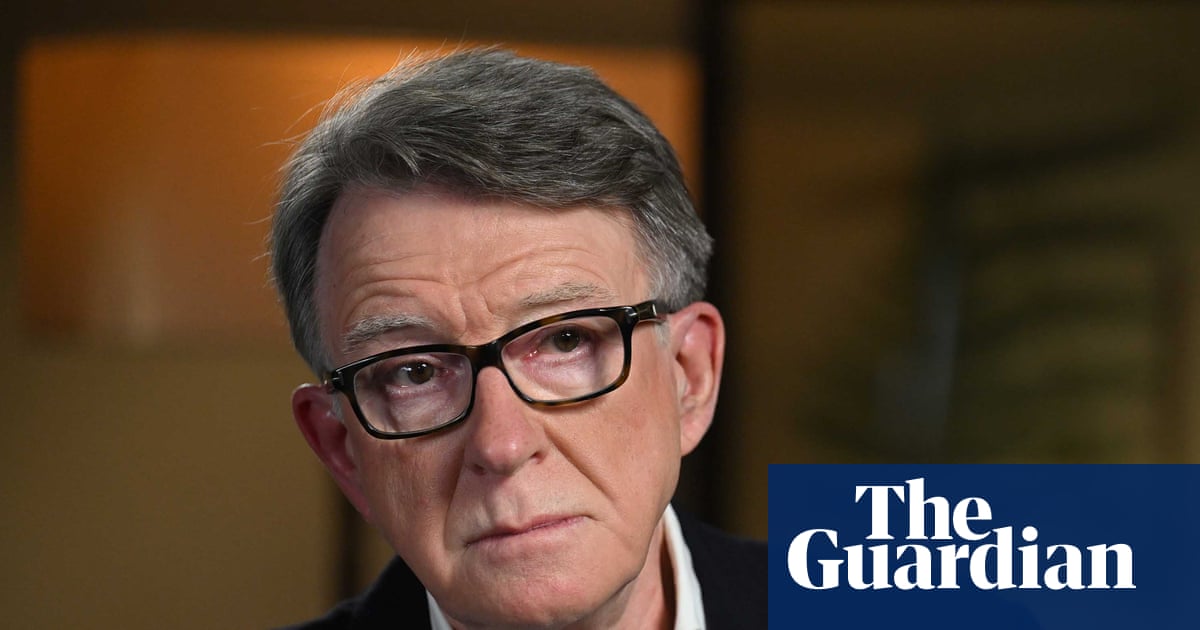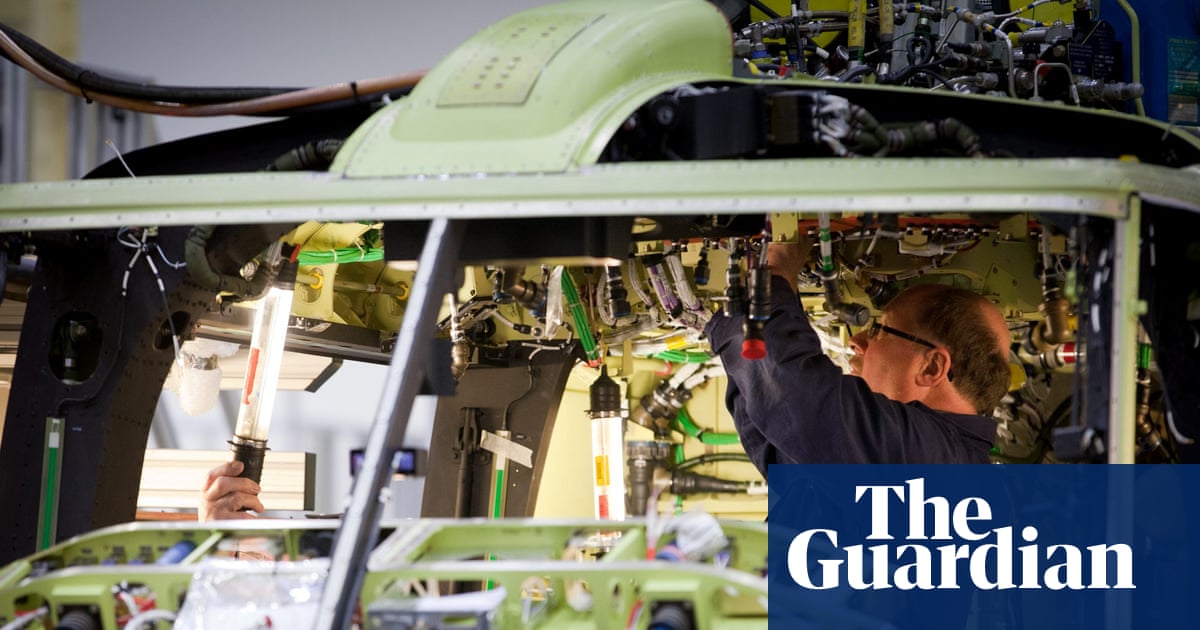When George Osborne came unstuck with his “pastygate” budget 13 years ago, a Greggs sausage roll cost 66p: a price from another planet for consumers in 2025.
The Conservative chancellor’s plan to impose VAT on hot food – including Cornish pasties and sausage rolls – would have imposed a 20% price rise. The backlash – led in part by the Newcastle-based bakery chain – was swift: Osborne, branded posh and out of touch, was forced into an embarrassing U-turn.
Since then, the price of a Greggs sausage roll has almost doubled to £1.30 and consumers are facing a renewed rise in food price inflation.
Growing numbers of people are stopping to think twice about buying a takeaway treat or grabbing their lunch on the go as the cost of living squeeze pushes consumers to the limits of what they are willing to spend.
While prices at Greggs have risen, its share price has halved in a year amid a slowdown in sales growth. In July its boss was forced to deny that Britain has reached “peak Greggs”. Other on-the-go food retailers, including Pret a Manger, are also testing consumer appetite for pricier baked goods, salads, sandwiches and coffees.

“There’s a limit to how much people are prepared to pay for certain products,” said Richard Lim, the chief executive of the consultancy Retail Economics. “It’s snapped for some consumers with some products.”
He said Labour could take some flak. “There’s a level of awareness [among consumers] that a lot of the inflationary pressures they’re facing have been the result of some of the decisions the government have made.”
At the height of the pastygate scandal, the now chancellor, Rachel Reeves, joined Ed Miliband and Ed Balls – the then Labour leader and shadow chancellor – on a trip to Greggs in Redditch for a media stunt at Osborne’s expense. They bought eight sausage rolls (costing a total of £4.70) a day after Osborne admitted to MPs he could not remember when he last had a Greggs pasty.
As Reeves prepares her November budget, Greggs sausage rolls are a talking point on TikTok among Britons nostalgic for pre-pandemic prices, while the price of Pret sandwiches, salads and coffees are the recurring theme of outraged Reddit threads.
Official figures show headline UK inflation is running at 3.8%, the highest rate in the G7 and almost twice the Bank of England’s 2% target. Rising food and drink prices have powered much of the increase, with the rate of food inflation expected to peak above 5% this autumn.
Prices for fast food and takeaways – including cooked pastry-based snacks, sandwiches and hot drinks – are rising faster than general inflation, with an increase of 33% since 2020.
Business leaders have said that the £25bn increase in employer national insurance contributions has forced them to raise prices, to pass on costs. Any further tax rises would compound the problem, they say.
But companies could find it harder to squeeze the British consumer with further price increases after the eye-watering rises of the past five years.
“Consumers are being much more careful,” said Lim. “The big thing for consumers is that, while inflation is down from the peak a few years ago [of 11.1% in late 2022], this does not mean prices are falling. The level is significantly higher.
“For some categories – on-the-go food and coffee might be one of them – prices are meeting a level where they are really testing that elasticity of demand.”
This month Pret announced it was caving in to competition from supermarkets by launching meal deals, while its owner, JAB, wrote down the value of the chain by a third amid “intense strains” on the hospitality industry.
after newsletter promotion
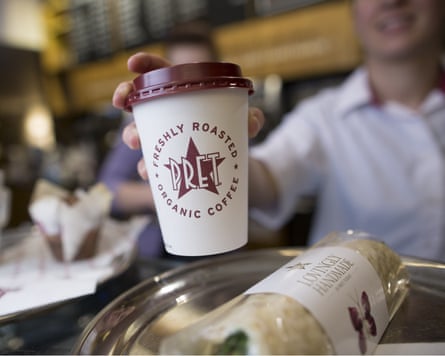
Pret raised eyebrows this year after launching a “premium” £12.95 lunchtime salad, having prompted a social media backlash two years ago with a £7.15 “posh” cheese and pickle baguette.
However, its boss, Pano Christou, has hit back against criticism that Pret is trop cher. “We’re not expensive,” he told the Sunday Times last weekend, in an interview defending Pret’s £5.50 baguettes, £3.95 flat whites and £2.90 cups of tea.
Some of the chain’s prices – including for its £4.50 “classic super club” sandwich, have been cut in the past year, while bosses believe its £8.95 lobster roll is the cheapest on the market, helping its sales to boom.
The rise of food price inflation is hitting Britain’s poorest households disproportionately hard.
Official figures released this month show the poorest fifth of households slashed their spending on food by 5% in real terms last year. Despite sky-high inflation, the richest fifth maintained their spending.
The Treasury said it was taking action to help families, including through free breakfast clubs for all primary schoolchildren and expanding free school meals. “We know that while the economy isn’t broken, for working people it feels stuck,” a spokesperson said.
Despite the mounting pressure on living costs, official figures show household savings remain above pre-pandemic levels. Annual wage growth is also running above inflation.
However, not everyone has benefited equally. Recent strong levels of pay growth are fading, unemployment is rising and talk of tax rises is all over the media. Consumer confidence has fallen sharply in recent months, in a development economists say could translate into weaker levels of household spending in the near future.
Dean Turner, a UK economist at UBS Wealth Management, said some companies were probably facing a decline in sales amid shifting consumer preferences.
Greggs has blamed hot weather this summer for harming its sales, while a trend for healthier food, in an increasingly budget-conscious nation, is hitting takeaway food retailers.
“There is clearly pricing power in certain areas of the economy – the Instagram economy, I call it, of experiences, restaurants, activities, and entertainment,” Turner said.
“But it does seem that spending is shifting away elsewhere as people prioritise those other aspects, because the simple thing is you’ve got high inflation and your wages aren’t increasing as much.”

 3 months ago
277
3 months ago
277

